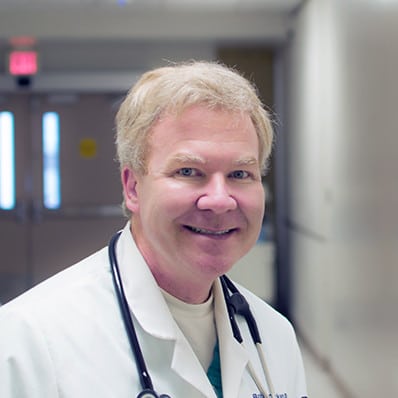Advanced Emergency Care: Dr. Robert Corkern’s Strategies for Handling Urgent Situations
Advanced Emergency Care: Dr. Robert Corkern’s Strategies for Handling Urgent Situations
Blog Article

In regards to healthcare, many individuals usually confuse disaster medication with internal medicine. Both are vital offices of medicine, nevertheless they function different tasks in individual care. Dr Robert Corkern Mississippi, a famous medical specialist, explains the main element differences between those two specialties, shedding light on their particular focuses and how each contributes to patient health. Knowledge the variance between disaster medication and central medicine can help individuals greater steer their healthcare wants and produce knowledgeable decisions.
The Concentration of Emergency Medication
Emergency medicine is designed to offer quick, acute take care of people experiencing urgent or lethal conditions. Disaster physicians perform in hospitals' crisis sections (EDs), wherever they're the first level of contact for individuals encountering severe incidents, strokes, center problems, and other medical emergencies. Dr. Corkern emphasizes that disaster medicine is about stabilization and quick decision-making. Crisis physicians are trained to take care of a wide variety of medical problems, often with no reveal medical history of the patient, and should make fast judgments centered on confined information.
The primary goal of crisis medication is to avoid more hurt, strengthen the in-patient, and initiate the right interventions. From injury care to handling center episodes or shots, emergency physicians are specialists in handling acute signs and providing life-saving solutions in high-pressure environments.
The Position of Central Medicine
In comparison, internal medicine centers around diagnosing and controlling serious disorders and conditions that influence adults, such as for example diabetes, hypertension, and heart disease. Inner medication specialists, or internists, use patients around an extended period, providing detailed care and reduction strategies. Dr. Corkern explains that internal medicine is mainly concerned with the whole-body administration of non-emergency medical issues. Internists often serve as principal treatment health practitioners, managing schedule check-ups, handling constant treatments, and matching care for individuals with complex, long-term health issues.
While emergency physicians address immediate problems, internists have a more holistic and long-term way of patient health. They often function directly with specialists in parts like cardiology, pulmonology, and nephrology to control persistent situations and make certain that people get coordinated care for multiple wellness concerns.
Instruction and Way of Attention
Dr. Corkern shows the differences in working out required for both fields. Disaster medication needs physicians to be ready for a wide spectrum of situations that could require quick, life-saving interventions. Disaster medical practioners are trained to manage trauma, critical infection, and intense exacerbations of serious conditions. That instruction requires much concentrate on acute treatment and sophisticated life-saving procedures, usually in high-stress environments.
On another give, internal medicine physicians undergo considerable instruction in the elimination, diagnosis, and treatment of serious conditions. They focus on giving long-term care, often handling a patient's medical history and corresponding with different specialists. The internist's method is patient-centered, with an increased exposure of long-term wellness preservation and illness prevention.
When to Find Emergency Medicine or Central Medication
Knowing when to find crisis medication versus inner medication could make all of the huge difference in the rate and kind of attention someone receives. If you're encountering a medical emergency, such as for instance significant chest pain, difficulty breathing, or sudden loss in consciousness, the er is the proper destination for a go. However, for constant health problems, chronic illness management, or general health preservation, an interior medicine consultant is typically the very best position of contact.
Conclusion:
Equally emergency medicine and internal medicine perform crucial jobs in patient attention, but their methods, focus parts, and education differ significantly. Dr Robert Corkern's explanation gives clarity on how these specialties function and when each is many relevant. By knowledge the distinctions, individuals can better steer their healthcare needs and guarantee they are seeking the proper type of treatment at the best time. Whether experiencing an emergency or handling a persistent situation, equally specialists are essential in maintaining and improving health.
Report this page